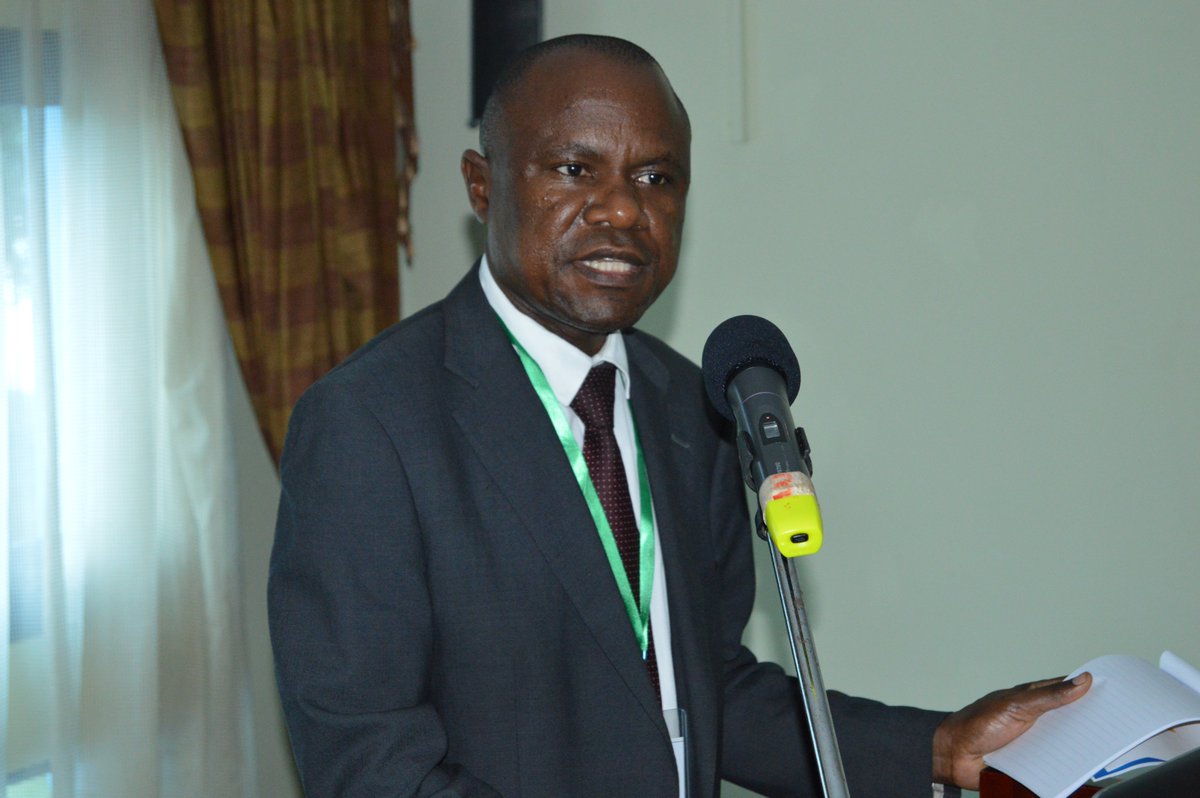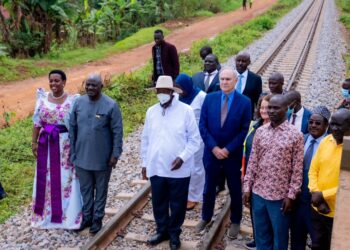Uganda has had a steady increase in tax revenues due to several reforms that arose from an Act of Parliament that led to the formation of the Uganda Revenue Authority (URA) in 1991 as an autonomous tax master.
Although, Uganda has registered a significant increase in absolute revenue collection with an average growth of 15.72 percent over the last five years, the tax to Gross Domestic Product (GDP) ratio is low in comparison to the East African Region with an average of 12.44 percent.
A research study conducted by the College of Business and Management Sciences (CoBAMS) under Makerere University School of Economics showed that Uganda’s tax administration is highly associated with a low tax base because of the low tax morale in the informal sector yet it’s the biggest employer.
While presenting the findings on Wednesday at Makerere University, Prof Eria Hisali who headed the research team said that although the informal sector employs over 55 percent of Uganda’s working class, only a few pay taxes.
“In our study, we found out that there is limited personnel touch especially with regarding tax educations. Most of the information is not friendly to the majority of the unique characteristics from the informal sector. There is a need of applying a different approach to Identify in between what is offered currently and what might work for this particular segment,” Prof Hisali said.
He added that there a disconnection between the modalities existing today and unique characteristics of the informal sector participants who don’t have emails, who are also not aware of the new technology in place.
One of the major gaps identified included; Limited or no awareness about the TINs, lack of awareness about how to acquire (TIN), a critical requirement for tax payment.
“Although URA has been undertaking tax education campaigns the messaging and targeting has left out some potential taxpayers. Yet massaging and tax education is key to realizing intended results of a growing tax base,” he said.
One of the recommendations the study suggested was that URA should design tax education modules that are fit for the potential taxpayers in the informal sector.
“Instead of using ‘One-size-fit-all’ approach in tax education and awareness creation, there is need to target the messaging to specific segments of both taxpaying and potential taxpayers.”
Prof Hisali also asked URA to start unpacking taxation since many paying and potential taxpayers should be educated about taxation, therefore there is a need for clarity between taxes and other government and local government levies and fees.
He added; “URA should adopt a tax education agents/ambassadors program. These agents or ambassadors should be educated and skilled in the delivery of tax education information to the community. This approach will complement URA staff efforts and eventually create a critical mass of informed potential taxpayers.”
Robert Wamala Rumanyika, a tax education supervisor at URA noted that the research was welcome since the authority allows external eyes to also monitor its performance to enable it improve. However, he said some crucial initiatives that URA is doing were left out.
“Especially things to do with the electronic way like social media, you tube tax barazas, radio and tv programs, skits and drama about tax were actually left out yet they play a great role as x education is concerned,” he said.
Do you have a story in your community or an opinion to share with us: Email us at editorial@watchdoguganda.com













